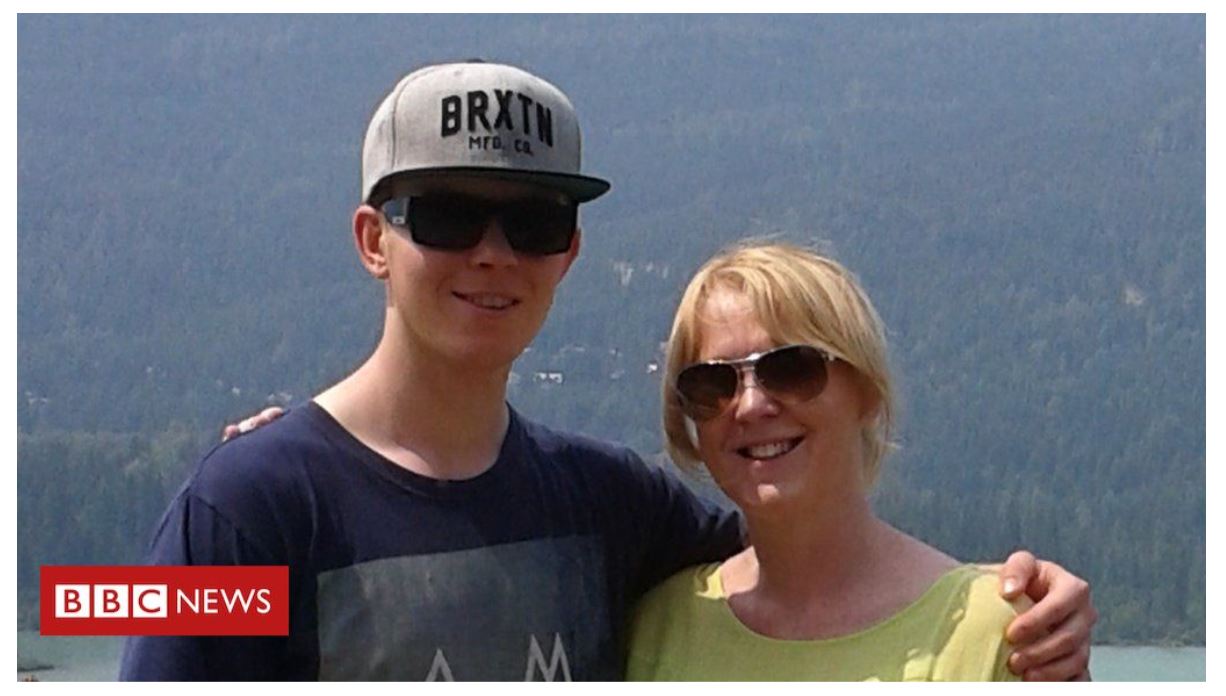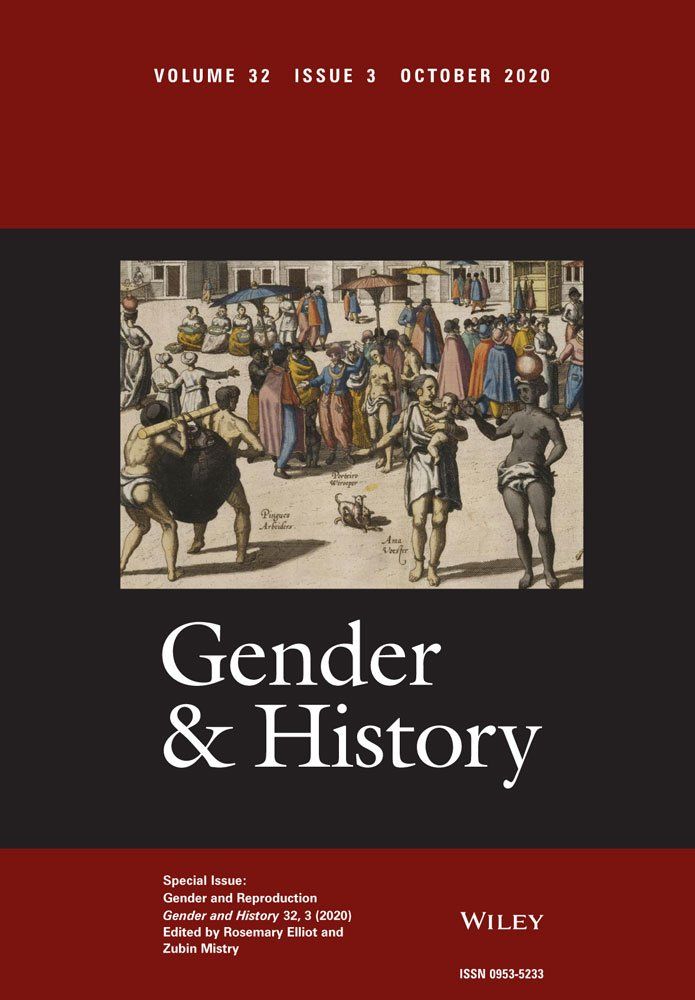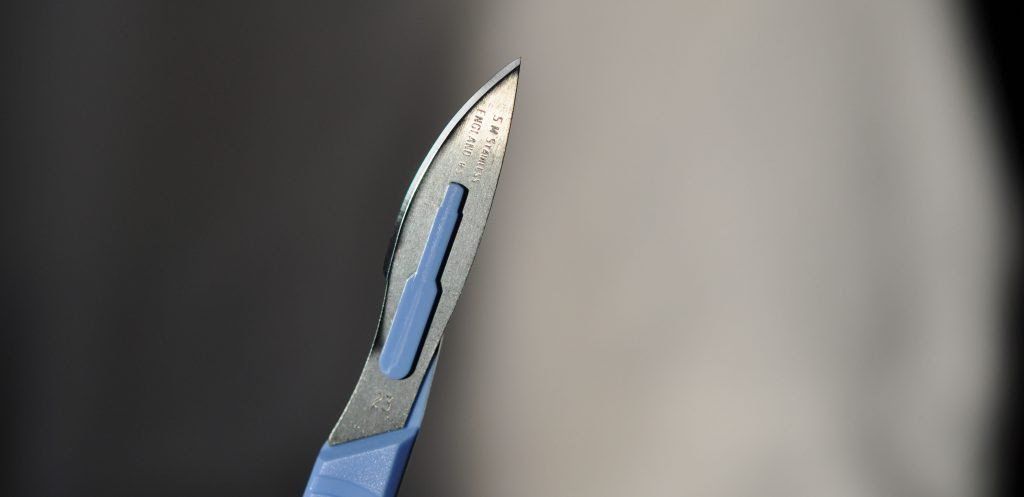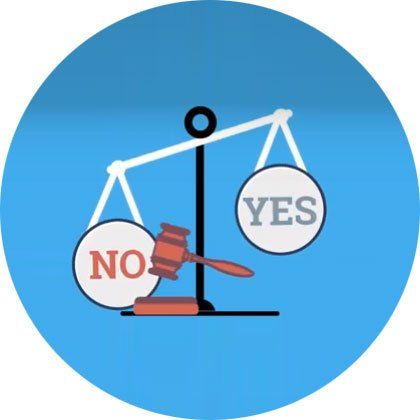Strange Science at Play Inside the CDC
New Document Reveals Shortcomings in Circumcision Policy Development
A few years ago, the Center for Disease Control and Prevention (CDC), became the world’s first government agency to officially recommend routine infant circumcision, without medical indication, as a preventative measure against disease. So, we filed a series of FOIA requests to gain some much-needed insight into their decision-making process. Most recently, we received an internal account of what transpired during the initial discussions amongst stakeholders to the circumcision question in the U.S. These meetings took place in April, 2007.
Unsurprisingly, the CDC ultimately provided heavily skewed information to patients and healthcare providers across the United States in their final statement. However, what is surprising is what was said by various presenters and attendees at this meeting. What follows is an analysis of four key highlights from the text. The only redactions made by the FOIA office were the names of presenters and attendees. Therefore, out of respect for privacy, the sources of the claims made in this document have not been identified.
Comparing Circumcision to Vaccines as a Rhetorical Tool
Strangely, one guest speaker compared the safety and efficacy of childhood vaccines to infant circumcision. However, as critics have pointed out, this analogy is far from accurate. In fact, it is used as a rhetorical tool meant to persuade parents by oversimplifying the concept of prophylactic foreskin removal. It works by drawing an untenable relation between the quickness, efficacy, and safety of vaccines to a complex and difficult surgery. Barry Lyons writes:
It is worth considering this analogy. Labeling [infant circumcision] as a vaccine is likely to create a particular public perception and give parents who have their children standardly inoculated against a variety of infections reason to consider seriously circumcision as just another immunization. When people have to make a decision, where the risk/benefit ratio is unclear or controversial, evidence suggests that they generally resort to heuristics in order to divine which choice is ‘best’.
While childhood vaccines are far less invasive and do not result in the permanent loss of healthy tissue, a surgical intervention like circumcision causes irreversible harm and should be weighed differently. Surgery is typically withheld in the absence of a valid medical indication, such as disease or injury, which is not the case with routine infant circumcision. Lyons adds:
In general, the term refers to the administration of antigenic material to a person in order to stimulate an immunological response to a disease pathogen. This antigenic material, or vaccine, may come in a variety of forms, including live attenuated or killed pathogens, toxoids and proteins…None of the criteria laid down by [circumcision proponents], however, seems particularly germane to the traditional definition of a ‘vaccine’...There seems no greater reason to hold that circumcision is a ‘surgical vaccine’ any more than antibiotics given at the beginning of surgery to prevent infection could be considered as a ‘microbiological vaccine’, or condoms worn during sexual intercourse a ‘latex vaccine’.
Dismissing the Value of the Human Foreskin
The presenter was also dismissive of the value of the foreskin for sexual fulfillment. This individual, “did not believe that a small piece of foreskin was what made someone a good performer when sex is such a complex act. There is no evidence of that.” However, the adult male foreskin is anything but small, and research has shown very clearly that the capacity of the foreskin to deliver sensation is substantial.
In 2007, Sorrells et al found that circumcision removes the most sensitive parts of the penis. Others have made similar discoveries, finding that circumcision results in significantly decreased sensitivity. In 1996, anatomic pathologist John Taylor wrote, “The prepuce provides a large and important platform for several nerves and nerve endings. The innervation of the outer skin of the prepuce is impressive; its sensitivity to light touch and pain are similar to that of the skin of the penis as a whole.”
More recently, Bronselaer et al. (2013) found that, “circumcised men indicated lower orgasm intensity…and needed a stronger effort to obtain orgasm than those who were uncircumcised. In addition, a significantly larger percentage of circumcised men reported numbness and unusual sensations at the glans. The most plausible explanation for all the differences listed here is the absence of the foreskin…the decreased erotic sensitivity after removal of the foreskin is self-evident.”
With regards to the role the foreskin plays in the sexual experience, the presenter at the CDC’s conference argued fallaciously that because of the heightened complexity involved in the biological systems of sexual activity, it is unlikely that removing the foreskin has any significant impact. However, research has shown that circumcised men are 4.5 times more likely to suffer from erectile dysfunction. Because the human foreskin is a bi-layer tissue, filled with nerve endings, mucosal tissue, contains the frenulum, and makes up approximately a third to one-half of the skin tissue on the penis, it is once again self-evident that removing it will dramatically affect one’s sexual experience.
Strange Claims About Infants’ Ability to Tolerate Surgery
While this meeting was supposed to focus on the touted medical benefits for adults, it was suggested that the newborn period is the best time to perform a circumcision. However, infants and children are generally not at risk of acquiring HIV through the means being discussed at this meeting. So, how was infancy justified as the ideal time period?
“Regardless of what people say about newborns being so fragile,” this presenter said, “they are very tough and a human is never going to be tougher than during the newborn period.” They described the neonatal stage as a “window of opportunity” and that, “newborns are adaptable and programmed for stress; they are resilient-intense, with rapid reaction quick recovery; and they have high levels of “stress hormones”. So, they are very well protected. It is easy to do a circumcision in a newborn.”
However, research has shown that circumcision is indeed deeply traumatic for infants. Experts have identified red flags in infants indicating trauma. These include changes in sleep patterns, difficulty breastfeeding, and increased irritability. Each of these have been observed with greater frequency in circumcised infants than in their uncircumcised counterparts. Researchers at Oxford University have shown that infants experience pain in similar ways to adults. As any adult can imagine, the experience of being restrained to have their genitals partially removed would be unbearably painful and traumatic.
Ignorance of European Views on Circumcision
On the second day of the symposium, breakout groups were formed to come up with additional issues for the CDC to consider based upon the presentations on the day before. One of these groups, focusing on the newborn period, stressed that “information is needed pertaining to US versus European rates of infant risks and benefits.” Astonishingly, this group felt that “Northern European pediatricians tend to have thought processes similar to US pediatricians, so it is not clear why they have not gotten as excited about this as the US has in terms of infant benefits.” What did these committee members mean when they distinguished Northern European doctors from their counterparts in Southern or Eastern Europe? What is the presumed difference between them and their “thought processes”?
Furthermore they asked, perhaps rhetorically, “are things different in Europe? Are they collecting different data there?” But by the time this symposium was held, more than one statement was made by professional organizations in Europe denouncing the practice of infant circumcision, with clear explanations why.
In 2003, the Central Union for Child Welfare in Finland wrote that, “circumcision of boys that violates the personal integrity of the boys is not acceptable unless it is done for medical reasons to treat an illness,” and that, “circumcision intervenes in the sexual integrity of a male child causing a permanent change in organisms and has consequences pertaining to both health and quality of life.” They concluded their statement by writing, “Circumcision can only be allowed to independent major persons, both women and men, after it has been ascertained that the person in question wants it of his or her own free will and he or she has not been subjected to pressure.” This is unequivocal.
A similar statement was made by the British Medical Association prior to 2007. With the positions of European physicians clearly articulated and in the public sphere, it’s difficult to imagine why members of this CDC working group would be so mystified by their counterparts across the pond.
The American public relies on the CDC to operate in a professional, unbiased manner with the best interests of the citizenry at heart. These commitments are laid out in its Pledge to the American People. However, on the issue of circumcision, these promises have been abdicated, and the negative impacts on public trust are clear. Then the CDC called for the public’s response to their final recommendations, 96% of the comments were critical and unsupportive. A clear path forward towards restoring faith in this vital institution, would be to reverse their controversial recommendations and distance themselves from the unjustified and harmful practice of routine infant circumcision.











